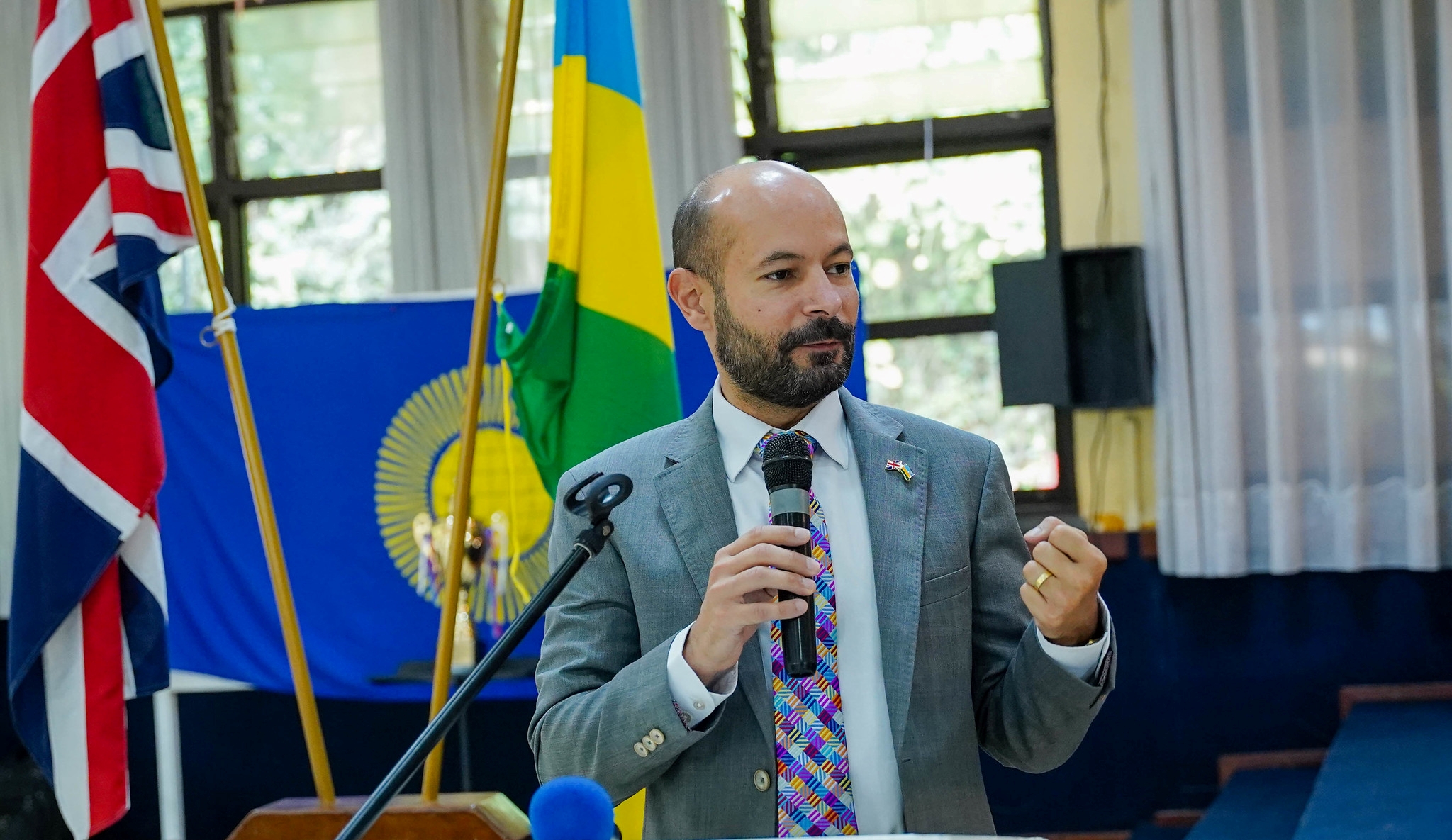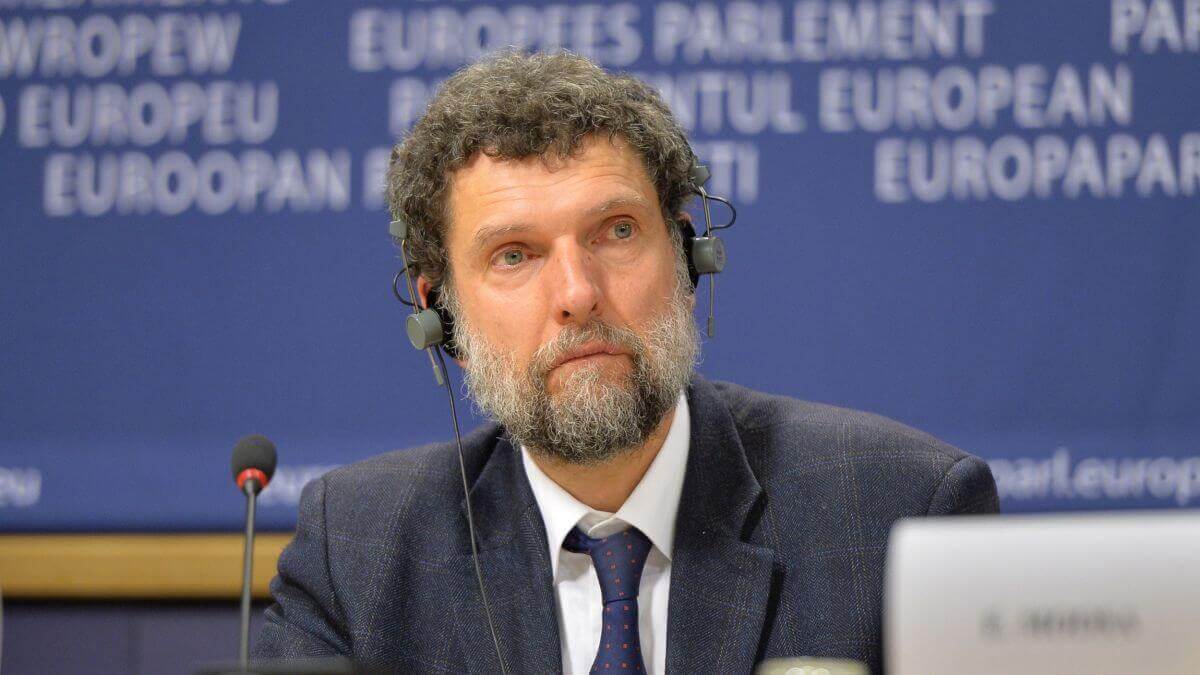South Asia
The newly appointed Pakistani government headed by Prime Minister (PM) Shehzbaz Sharif awarded a diplomatic passport to the leader’s brother and former PM Nawaz Sharif, allowing him to freely travel back to Pakistan. In 2019, Nawaz Sharif was allowed to leave Pakistan on an eight-week bail to seek medical treatment in London. Thereafter, in February 2021, erstwhile PM Imran Khan had denied Sharif permission to renew his passport, restricting him from travelling to Pakistan. [The News Pakistan]
India’s Ministry of Information and Broadcasting blocked access to 16 YouTube channels, six of which are being operated from Pakistan and have been accused of spreading fake news about matters critical to India’s national security. The blocked channels have a cumulative viewership of 680 million. [Hindustan Times]
Central Asia and the Caucasus
Armenian Foreign Minister Ararat Mirzoyan held a phone conversation with his Azerbaijani counterpart Jeyhun Bayramov about starting the peace talks that were agreed to earlier this month by the leaders of the two countries. As a first step, both envoys agreed to set up a border delimitation committee to ensure that incursions into their respective territories by either side are prevented. [RFE/RL]
Indian External Affairs Minister S. Jaishankar met with his Armenian counterpart Ararat Mirzoyan in New Delhi on the sidelines of the annual Raisina Dialogue. Mirzoyan said that his country is keen on boosting trade with India and discussed joint cooperation in the fields of information technologies, aviation, education, culture, and tourism. They also discussed the Nagorno-Karabakh and Jammu and Kashmir (J&K) issues. Mirzoyan praised India’s support for Armenia on Nagorno-Karabakh and vowed to continue supporting India’s position on J&K. [Armen Press]
East and Southeast Asia
Indonesia will expand its palm oil export ban in case of a shortage, senior government official Musdhalifah Machmud said on Tuesday. Starting Thursday, the government will ban exports of refined, bleached, and deodorized palm olein; the ban does not currently include crude palm oil or other forms of derivative products. [Channel News Asia]
A South Korean delegation representing president-elect Yoon Suk-yeol met Japan’s foreign minister in Tokyo on Monday. Noting that North Korea’s “nuclear and missile development” becoming “more and more active,” Japan’s deputy chief cabinet secretary, Yoshihiko Isozaki, said ties with South Korea are “of paramount importance.” “As the international community faces a historic crossroads, we believe fostering healthy Japan-South Korean relationships is essential to realising a rule-based international order,” he said. [The Straits Times]
Europe
Saskia Esken, the co-leader of Germany’s ruling Social Democratic Party (SPD), has called on former chancellor Gerhard Schröder to leave the party over his close ties to Russia. “[Schröder] has been acting for many years now only as a businessman, and we should stop seeing him as an elder statesman, as a former chancellor,” Esken said, adding that he “earns his money with work for Russian state companies.” [Associated Press]
The British government withdrew its refugee pushback policy wherein Border Forces forcibly stopped immigrants attempting to enter the United Kingdom from the English Channel and redirected them to France. The decision was made just days before a British high court was set to begin a judicial review of the policy. [The Guardian]
A Polish government commissioner for refugees on Monday confirmed that over one million Ukrainians have been issued a PESEL number, an identification that is usually given to permanent or temporary residents. Warsaw noted that 91% of the recipients are children below 18 years and women between the ages of 18 and 65. [The First News]
Latin America and the Caribbean
On Monday, Peruvian Prime Minister Anibal Torres announced that the government of embattled President Pedro Castillo, who has record-low approval ratings and has survived two impeachment attempts since coming into power last July, has submitted a bill to redraft the constitution. Although the details of what parts of the constitution will be amended are not clear, it is almost certain not to be passed, as Castillo holds a minority of seats in the Peruvian Congress. [Reuters]
Former Ecuadorian President Rafael Correa, who has been living in exile in Belgium since the end of his two terms in 2017, told the press yesterday that he could return to politics, as this would be the only way to stop the ‘political persecution’ against him. Correa was found guilty of corruption in 2020 and sentenced to eight years in prison. Ecuadorian authorities have sought his arrest and extradition on multiple occasions. In fact, its National Court of Justice sent Brussels a new extradition request just last week. [Associated Press]

Middle East and North Africa (MENA)
Yemen’s Houthi rebels released all 11 members of the crew of a United Arab Emirates cargo ship, Rwabee, that was seized in January. The move came after the Houthis and the Saudi-led coalition agreed to a two-month truce earlier this month to end the war. [Reuters]
A Turkish court on Monday sentenced human rights activist Osman Kavala to life in prison without parole after finding him guilty of trying to overthrow the government in 2013. Western governments and human rights groups condemned Kavala’s sentencing. [Associated Press]
North America
On Monday, Texas Governor Greg Abbot blamed the Biden administration’s border policies for the recent death of National Guard Bishop Evans. Evans was reported to be missing after helping two migrants who are allegedly involved in “illicit transnational narcotics trafficking.” Abbott said that President Joe Biden has “sent a message to the entire world that the border of the United States is open,” jeopardising national security. [The Hill]
United States (US) President Joe Biden is expected to nominate Bridget Brink for the position of US Ambassador to Ukraine, a position that has remained unfilled for the last three years. Brink currently serves as the US ambassador to Serbia, and has been described as someone who is “deeply experienced in the region” by US Secretary of State Antony Blinken. Brink has served the US Department of State for 26 years in countries such as Uzbekistan and Georgia. [The Washington Post]
Oceania
New Zealand’s Deputy Prime Minister, Grant Robertson, said that the country is prepared for the Omicron XE variant after recording its first case of the new variant on Saturday. “What we’ve put in place for other variants will still work when it comes to this new variant,” Robertson said on Tuesday. [1 News]
Australian Shadow Minister for Foreign Affairs Penny Wong said ahead of the federal election next month that the Labor government’s plan would “restore Australia’s place as the first partner of choice for our Pacific family.” “Scott Morrison has dropped the ball in the Pacific, and as a result, Australia is less secure. The vacuum Scott Morrison has created is being filled by others - who do not share our interests and values,” she said. In March, Wong had said that her party would look to repair Australia’s frayed relationship with China. [Daily Mail]
Sub-Saharan Africa
British High Commissioner to Rwanda Omar Daair once again defended the United Kingdom’s (UK) recent Migration and Economic Development Partnership with Rwanda, whereby a number of illegal immigrants who reach the UK can now be relocated to Rwanda. Daair emphasised that Rwanda is a “fully-fledged partner” in the agreement between “two equals.” He underscored that the partnership “respects all our obligations” to international and humanitarian law and “ensures we treat vulnerable people correctly and are given access to all their rights.” [The New Times]
South African Deputy Minister of International Relations and Cooperation Candith Mashego-Dlamini is currently on a three-day visit to India until April 27 to attend the Raisina Dialogue and discuss matters of geopolitical and geoeconomic importance. Mashego-Dlamini will participate in discussions on “issues of communities as first responders to health, development, and the planet.” She will also participate in the Young Fellows Programme discussion on ‘Women in Policy and Politics.’ The Deputy Minister is expected to push for equitable access to healthcare and vaccines. Furthermore, she will meet with Indian Union Minister of State for External Affairs Vellamvelly Muraleedharan to discuss bilateral ties. [South African Department of International Relations and Cooperation]

